#DANDO NATION NEVER LOSES NOT EVER
Explore tagged Tumblr posts
Text
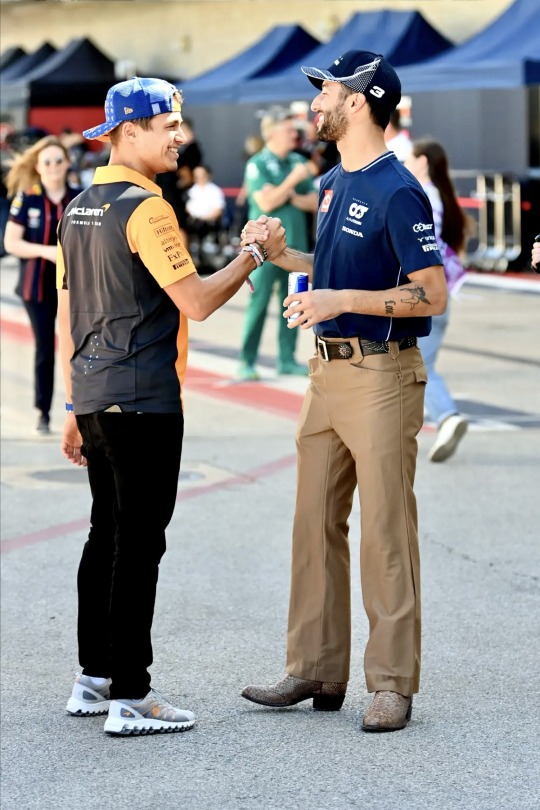
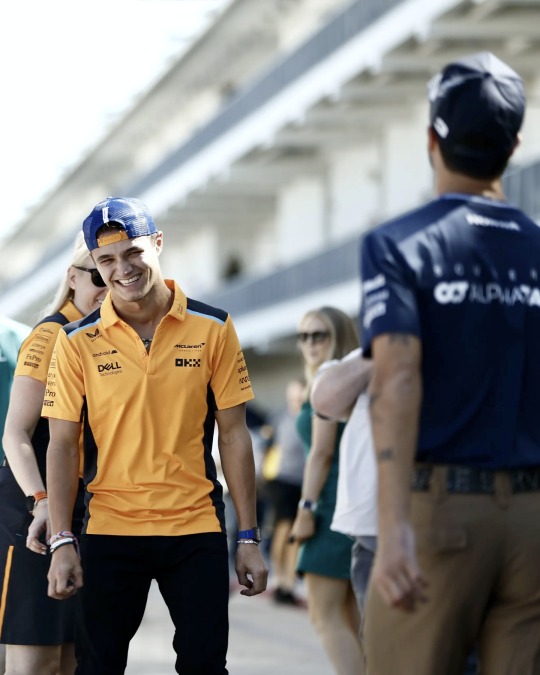
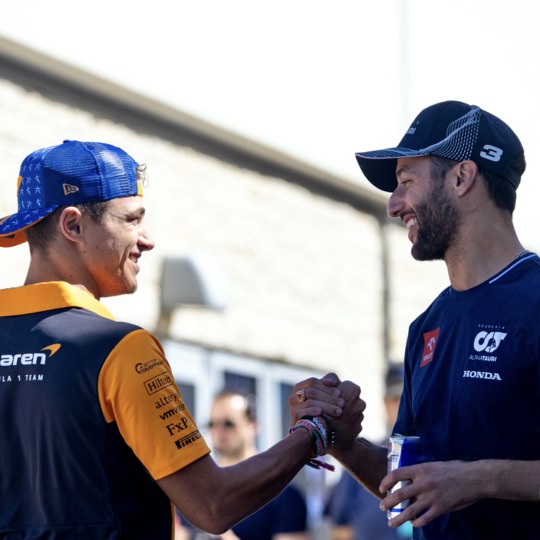
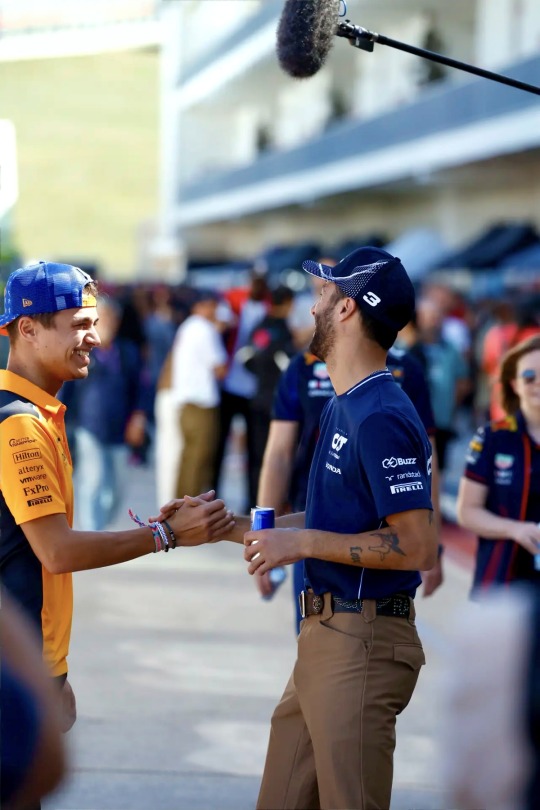
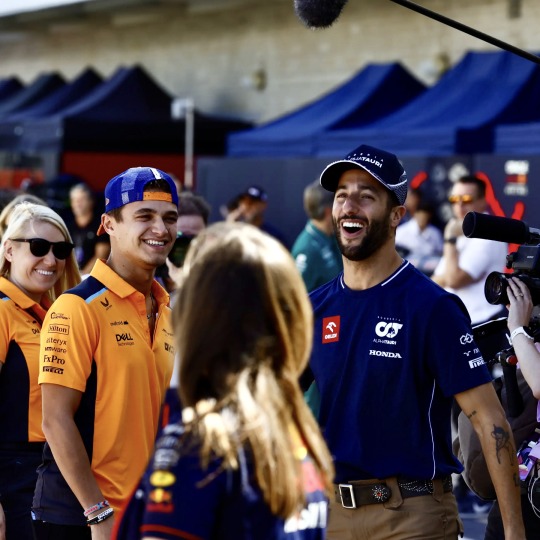
dando nation never ever ever loses (pics by sam bloxham and mark sutton)
#f1#formula 1#mclaren#lando norris#daniel ricciardo#alpha tauri#thats a fucking weird thing to type#us gp 2023#dando#DANDO NATION NEVER LOSES NOT EVER#paging nadia formulaonedirection as always
489 notes
·
View notes
Photo
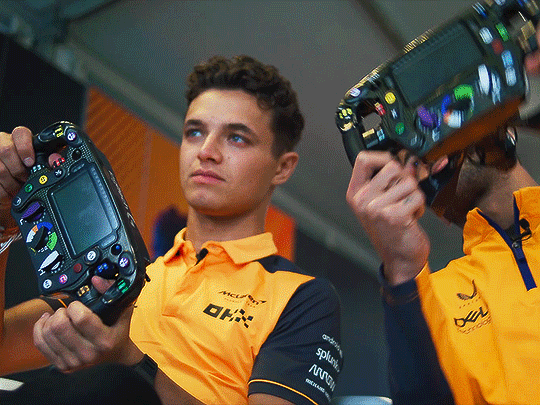


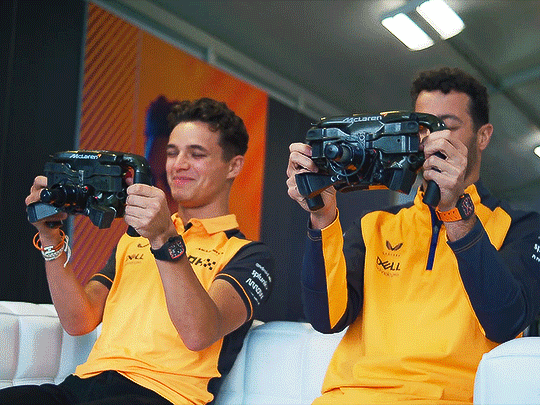
2 besties goofin’ off 🧡💙
#daniel ricciardo#lando norris#*dando#😇#dando nation never lost not even once#like were they actually filming something????#or they were just like ok unboxed the steering wheel let's close our eyes and pretend we're driving#lando's high pitched giggles were INCREDIBLE#they literally did this for ME specifically#and for egg in celebration of vegas au#beth is also bout to drop a banger#dando nation we never lose. ever. write that down#DDD#nadia's things
312 notes
·
View notes
Text
the republic of heaven
Back in 2000 when The Amber Spyglass came out I feel like there was not so much news in the world. At the turn of the millennium we seemed to be entering a more optimistic time. Tony Blair was elected in 1997 at the head of a liberal Labour government, and while it may be true that Blair would never be so popular again as he was in the opening years of his premiership, the Tories seemed hopelessly outdated by comparison. They were still the nasty party of old, while the country was ambitious, outward-looking, internationalist. Explicit racism and homophobia were no longer tolerated. We were Europhiles, but we weren’t part of Europe. There seemed to be a lot of money about.
At home there were occasional horrors — the murder of Jill Dando, the homophobic pub bombings in London, Harold Shipman — but they were somehow isolated, disparate, inexplicable. They were exceptional. There was the war in Kosovo, which set a template for liberal interventionism in years to come. The economy was trucking along; unemployment was low; for the first time there was a national minimum wage. I skim the headlines today and it seems like such a comfortable time by comparison. Perhaps I am remembering it wrong. But when the years to come would bring a spiral of endless war, recession, and one of the most significant declines in relative generational living standards, I’m not sure there is any need for rose-coloured glasses.
Into this comes The Amber Spyglass, which is basically quite an optimistic anti-authoritarian novel. It was also the book which, for a handful of reasons, really brought Philip Pullman to the world’s attention. It was this which ensured that his name still lurks around the list of authors most frequently ‘banned’ in America, and which in the years after its publication would attract scores of avid cheerleaders and detractors. Inevitably most of those had no interest with engaging with the substance of the book itself. Instead, it became a sort of battleground: on one side, those convinced that religion was under attack from an educated elite; on the other, those who were committed to reducing the role of religion in public life, discourse, education, and so on. It is worth revisiting this typically excitable interview and profile by Christopher Hitchens for an example of how these novels were talked about.
To call the novel ‘optimistic’ might seem surprising, because much of it is shrouded in scenes of gloom and suffering. But when I think of the tone of the novel as a whole, it is pastoral. When the world isn’t tearing itself apart the language seems more lyrical than in either of the two preceding books. Some of that is to do with the perspective, which now has at least three (and sometimes more) main characters to follow. This means that a sense of distance, of floating high above the many worlds of the story, becomes necessary. But it’s also that the reader has a sense that this book is going to be about the promised war against the heavens outlined in The Subtle Knife, and it’s likely the reader will also understand that this is a war that must be won.
It feels like a world of binary opposites. Even characters who seemed villainous in the previous novels are here redeemed (at least in part) so they can be mustered against the ultimate figure of the ‘Authority’. A certain amount of good versus evil is likely in any book for children, but here things are now cast explicitly in terms of these two sides squaring up against each other. And taking sides is a matter of decision, not of belonging. This is a book where angelic figures can decide to fight alongside men, and where demonic harpies can be convinced not to consume the souls of the dead because they want to hear their stories instead. It’s plausible in terms of oldest storytelling traditions, where it is possible to talk one’s way out of anything — where the role of storyteller gives a person the ultimate kind of authority.
Is the capital-A ‘Authority’ in these novels intended to be absolutely synonymous with God? I’m not sure. The book is explicitly anti-religion in the sense of being anti-church, but the forces of the Authority (and the being himself) do not seem to represent any kind of absolute power in the universe. The Authority is not omnipotent nor omnipresent, nor is he very much of a creator or a father-figure any more — he is a despot, but he is also somehow irrelevant. Like a shrivelled relic, he is vastly reduced when we finally meet him. The worst aspects of his regime seem like the calcified remnants of decisions long since made and now barely remembered, like the afterlife that has become a giant prison camp. In fact it’s the abolition of the afterlife, not the death of its creator, that’s the only really significant consequence of the fall of the Authority.
So if God isn’t in the Authority, then where is he? In spite of the tendency for atheists to want to claim the author for one of their own, it seems like the heart of these novels is not in pure humanistic rationalism, but in a broader sort of pantheism. The idea of ‘Dust’ is the closest thing to a true divine presence here. It could be characterised as something akin to a spirit which moves through all things. It is ‘conscious’, and though it’s hard to determine what this means in practice, we know that it is not indifferent to humanity. It’s not like a host of little thinking homunculi (although Mary did have a whole conversation with it on a computer back in The Subtle Knife). But it wants to persist. It would seem to be the force that drives the Alethiometer. It has intentions.
The counter-argument to this would say that Dust isn’t divine at all — it exists at the bleeding edge of science, and has nothing to do with faith. It’s a material thing. It’s not a spirit. But I don’t know that this is especially convincing. The books often try to equate Dust with quantum mechanics, but this doesn’t entirely seem to add up — these are particles which are somehow small enough to slip through gaps between universes, but big enough to see with the naked eye. Everything about Dust seems too convenient from an authorial perspective. It’s as though someone took everything indefinable and unique about evolved human (and non-human) consciousness and made it into a quantifiable thing and then said: there, without this thing we are no longer what we are. It’s an easy solution to the hard problem.
It the article linked above, Hitchens described the Alethiometer and Will’s knife as ‘tools of inquiry and struggle, not magic wands’. This is only half-right. Clearly they aren’t tools like a microscope or an X-ray machine. Both items are bonded to their owners through an innate sensitivity that has little to do with rational enquiry or rigorous method. The Alethiometer is even compared to the I Ching at various points. It seems wrong to mistake ‘inquiry’ here for the scientific method; it has much more in common with ‘negative capability’, a term which is actually quoted in The Amber Spyglass — the ability to pursue truth and beauty via one’s innate sensibility, to ‘see feelingly’ through a fascination with a sort of natural mystery, and not to depend exclusively on reason and knowledge.
This leaves the reader in an odd sort of no man’s land between the armies who supposedly either adopted or despised this novel. A hypothetical arch-rationalist might find it difficult to accept all of what they find here without rolling their eyes at some of it. Negative capability does not sit comfortably alongside the scientific method as a tool, but nor does it have much to do with priests and popery. And yet it is a sort of inspiration, and in that respect I think it comes closer to a religious experience than it does a rational one.
The problem with this is that it is not possible to get any sense from this novel of what it means to be religious, or to believe in a higher power, or to be ‘spiritual’ (choose your own euphemism). There is Mary Malone, but while I like Mary’s story here, her account of her early life in cloisters and later conversion/defection is unsatisfying. We have no sense of doubt, of anguish, of guilt — it is an all-too-straightforward seeing of the light. Will is arguably more complicated, more conflicted, but for the most part he never seems to have to make any difficult compromises. If he ever loses out on anything by abandoning his mother to travel through a whole set of alternate universes, we aren’t told about it.
What if Will made the wrong call? What if he weren’t so trustworthy? He is, in a way, the lynchpin of the whole story. For all Lyra’s good intentions and inner strength, if it weren’t for Will, Asriel would have failed and nothing would have changed. So Will must be made to work. Yet it often seems as though he doesn’t want anything for himself, except perhaps to be with Lyra. It’s interesting to wonder what might have happened if Will weren’t quite so faithful (for want of a better word).
But it’s inconceivable in the world of these books that anyone could possess negative capability and then use it for anything other than a pursuit of — well what exactly is being pursued, anyway? What is Asriel’s goal, above and beyond the overthrow of the Authority? There is vague mention of something called ‘the Republic of Heaven’ — a heaven on Earth, as it were — but today that phrase can only make me recall the idea of ‘Outer Heaven’ in the Metal Gear Solid games. It’s difficult to discern any latent irony lying in wait for the reader in this case. Will whatever replaces the Authority be just as bad, eventually? Perhaps, but again, the vibe of optimism in this novel is so strong it feels odd to impose doubt on it from elsewhere.
The paradox of The Amber Spyglass is that while the explicit ‘moral’ of the novel is set against organised religion, it cannot help but describe the world in terms originally set by religion. (A very basic reading might declare the novel invalid for this reason, for much the same reason as a socialist might be declared hypocritical for buying a smartphone.) It isn’t just that there are angels, or that the story of Adam of Eve is central to the thing. It is the journey through the world of the dead and back. It’s the arc of redemption and overthrow.
At times it feels like this book is re-fighting a battle that was begun hundreds of years ago in the English reformation. In the pursuit of humanistic knowledge, a godlike figure is re-cast in the guise of an Authority who can be overthrown, and cast out of our land, and even killed. And all for the sake of nothing especially certain, nothing at all new in political or ideological terms, except a sense that we would be more free — that we would be better off without. Is it better to eject the columns of the dead into a kind of oblivion than to consider any improvement to their position? I don’t know. Perhaps things seemed simpler twenty years ago.
3 notes
·
View notes
Text



daniel.jpg Albon greetings (just the Lando parts)
#f1#formula 1#lando norris#daniel ricciardo#paging nadia formulaonedirection#DANDO NATION NEVER LOSES EVER
532 notes
·
View notes
Text

daniel3.jpg Lando hit puberty.
#f1#formula 1#lando norris#mclaren#daniel ricciardo#PAGING NADIA FORMULAONEDIRECTION#DANDO#DANDO NATION NEVER FUCKIBG LOSES EVER#GJEJFJWJFJEJDNWJFJE#also no one else posted this right so i’m doing it myself
256 notes
·
View notes
Text
paging @formulaonedirection lando just pulled out Daniel’s last helmet and said it was the coolest one he owned HELLPPPP
#lando norris you crazy motherfucker#f1#formula 1#lando norris#daniel ricciardo#dando nation never loses ever ever#dando#streamin streamin
69 notes
·
View notes
Text
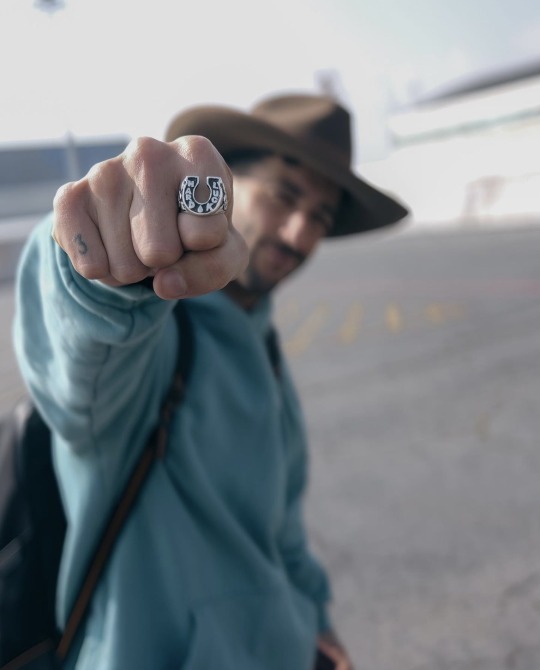




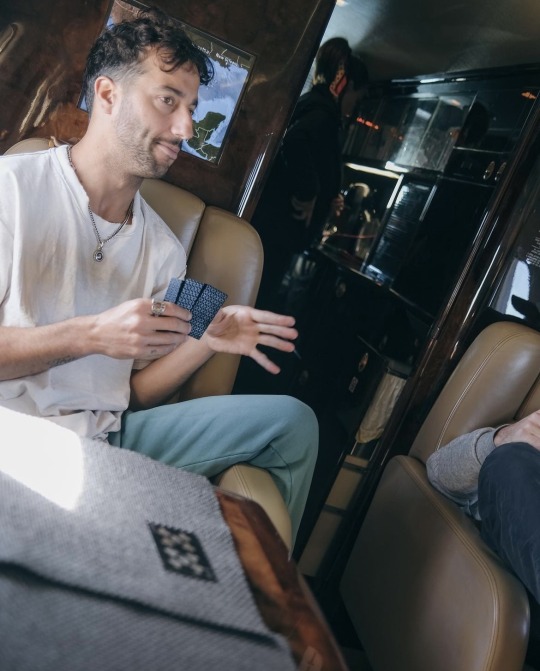


lando.jpg Day 30. Only @.danielricciardo pics… thirst 😂
#f1#formula 1#lando norris#daniel ricciardo#dando#mclaren#LANDO NORRIS YOU CRAZY MOTHERFUCKER#THIRST HE SAID#HOLY SHIT EH#dando nation never loses ever ever
886 notes
·
View notes
Text
DANIEL CIRCLES LANDO’S NIPPLE AND THE SOUND THAT LEAVES LANDO’S LIPS…………. THIS IS SO HOMOEROTIC HELP ME
911 notes
·
View notes
Text

danielricciardo lando&daniel.jpg
#formula 1#f1#daniel ricciardo#lando norris#mclaren#dando nation never loses ever ever#dando#IM OOSTING FROM THE GEAVE IN FACT#CAME VACK TO EDIT TAGS CAUSE I NEEDED TO POST FAST
465 notes
·
View notes
Text

CUTE????!!!!!?????!???????
#f1#formula 1#lando norris#mclaren#daniel ricciardo#mexican gp 2022#dando#dando nation never loses ever ever
323 notes
·
View notes
Video
tumblr
landonorris Forever together @danielricciardo
#lando norris#f1#formula 1#mclaren#daniel ricciardo#DANDO#HOLY CHRIST DANDO NATION NEVER LOSES EVER#italian gp 2022
340 notes
·
View notes